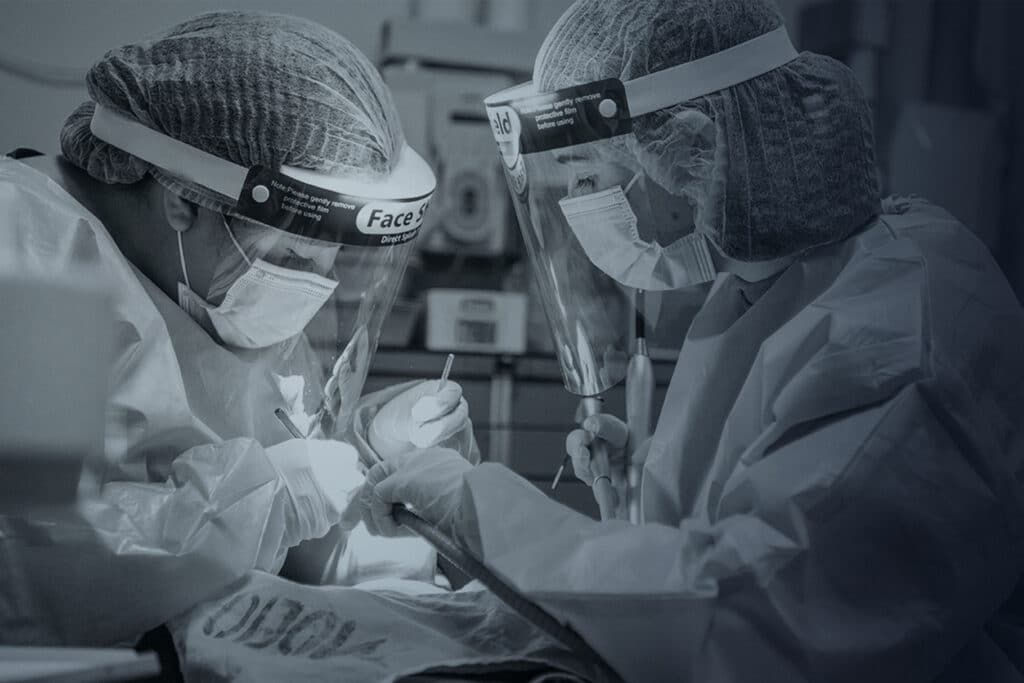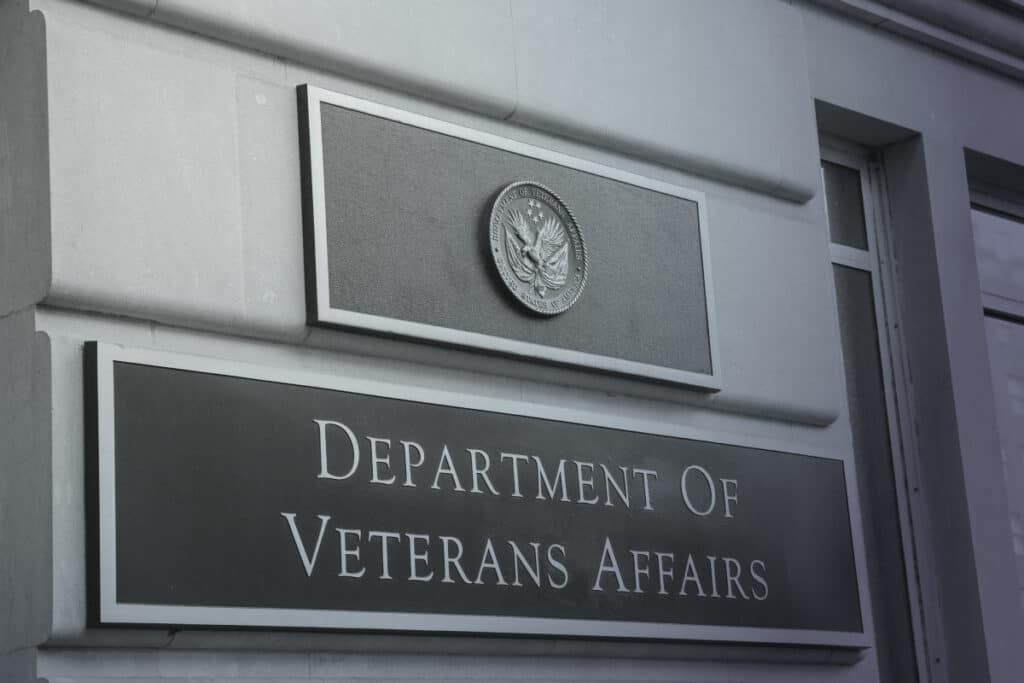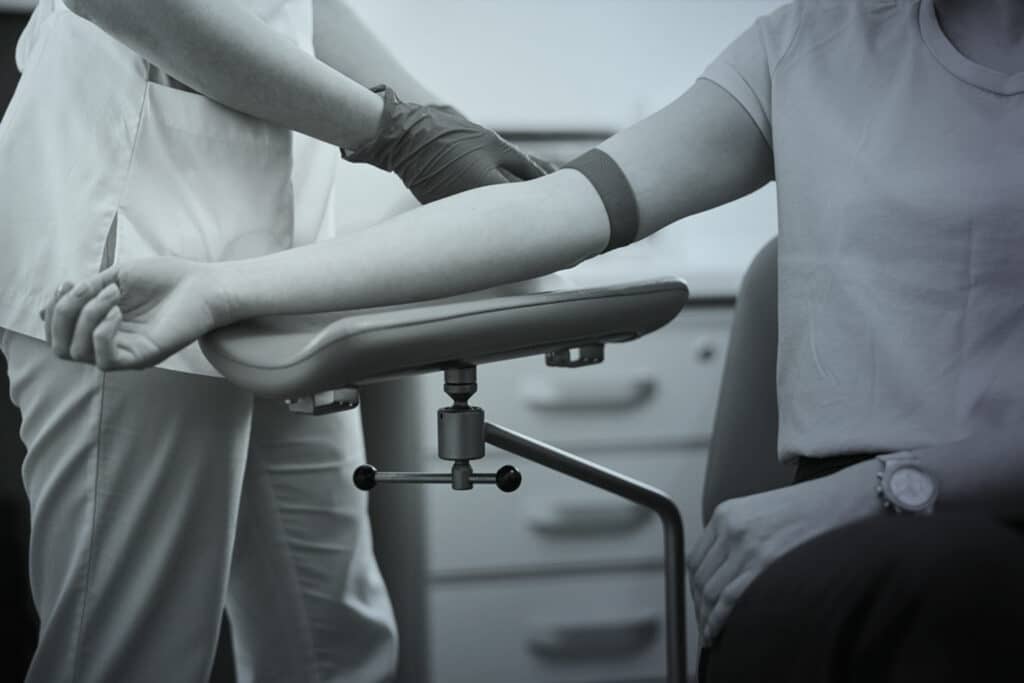
Healthcare Heroes: The Importance of Phlebotomists

In the vast realm of healthcare, numerous roles contribute to the well-being of patients. Among these, phlebotomists often stand as unsung heroes, playing a pivotal role in the diagnostic process. While their work may seem routine, the importance of phlebotomists cannot be overstated. Let’s take a look into the crucial role these professionals play in healthcare and why their contribution is invaluable.
Gateway to Diagnosis
Phlebotomists are often the first healthcare professionals that patients encounter when diagnostic tests are required. Their skillful and precise blood collection techniques are the gateway to obtaining crucial information about a patient’s health. Blood tests can reveal a plethora of information, from cholesterol levels and blood sugar to identifying potential infections or underlying medical conditions.
Precision and Expertise
Drawing blood may seem like a routine task, but it requires precision and expertise to ensure accurate results. Phlebotomists undergo rigorous training to master various blood collection techniques, ensuring minimal discomfort for patients while obtaining high-quality samples. Their ability to handle different types of patients, including those with difficult veins or heightened anxiety, showcases their dedication to providing the best possible care.
Patient Comfort and Communication
Phlebotomists are not just skilled technicians; they are also compassionate caregivers. Many patients experience anxiety or fear when it comes to needles and blood draws. Phlebotomists play a crucial role in easing these fears through effective communication and a gentle bedside manner. Their ability to establish trust and comfort contributes to a positive overall healthcare experience for patients.
Essential Team Players
In any healthcare setting, collaboration among different professionals is key to providing comprehensive care. Phlebotomists are integral team players, working closely with doctors, nurses, and laboratory technicians. Their role in collecting accurate samples ensures that subsequent tests and analyses can be conducted with precision, leading to reliable diagnostic results.
Preventive Healthcare
Phlebotomy is not only about diagnosing existing conditions but also plays a significant role in preventive healthcare. Regular blood tests help identify potential health risks before they escalate, allowing for early intervention and preventive measures. Phlebotomists contribute to this aspect of healthcare by facilitating routine blood tests that can detect conditions such as diabetes, high cholesterol, and anemia before they become more serious.
Adherence to Safety Protocols
In the healthcare field, safety is paramount. Phlebotomists adhere to strict safety protocols to protect both themselves and their patients. Proper handling of equipment, disposal of biohazardous materials, and infection control measures are part of their daily routine. Their commitment to maintaining a safe environment ensures the well-being of everyone involved in the healthcare process.
Rapid Response in Emergency Situations
In emergency situations, time is of the essence. Phlebotomists are trained to swiftly and efficiently collect blood samples even in high-pressure environments. This ability to respond rapidly is crucial in emergency rooms, where quick and accurate diagnostic information can be a matter of life and death.
Phlebotomists may not always receive the recognition they deserve, but their role in healthcare is indispensable. From being the first point of contact for patients to ensuring the accuracy of diagnostic tests, phlebotomists play a vital part in the healthcare ecosystem. Their precision, compassion, and commitment to safety make them the unsung heroes who contribute significantly to the well-being of patients and the effectiveness of healthcare systems worldwide. The next time a phlebotomist takes your blood, take a moment to appreciate the essential role they play in your journey to good health.












